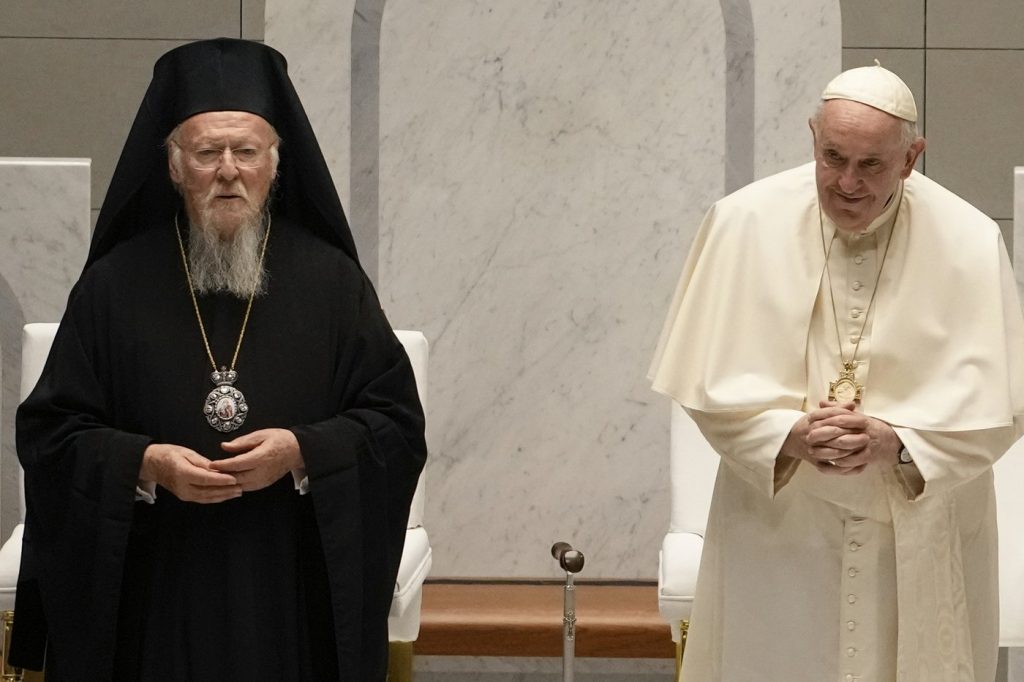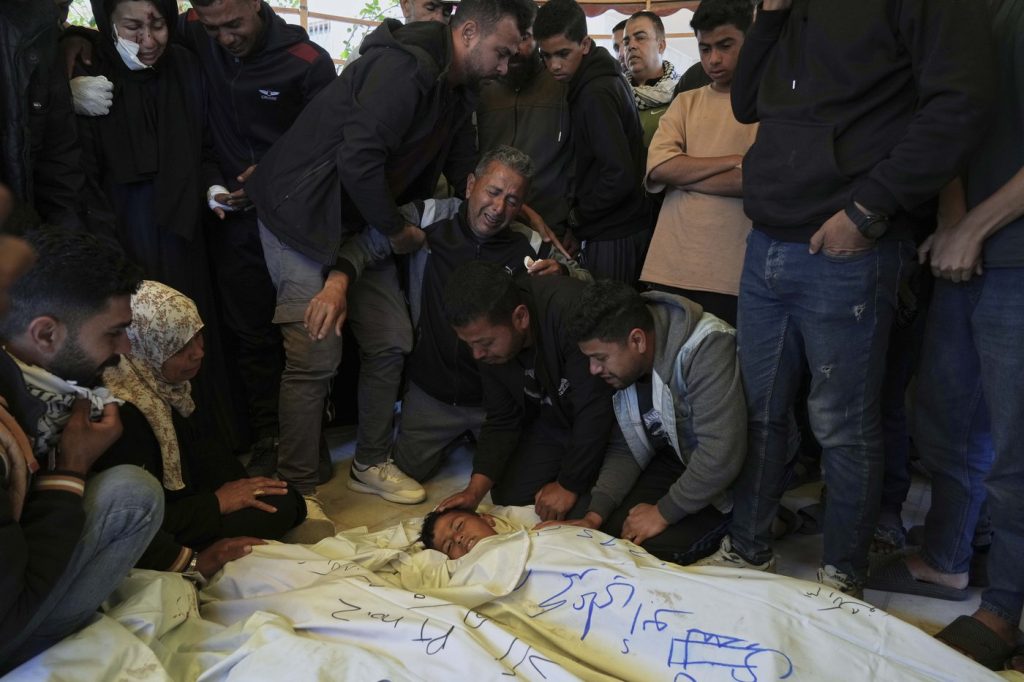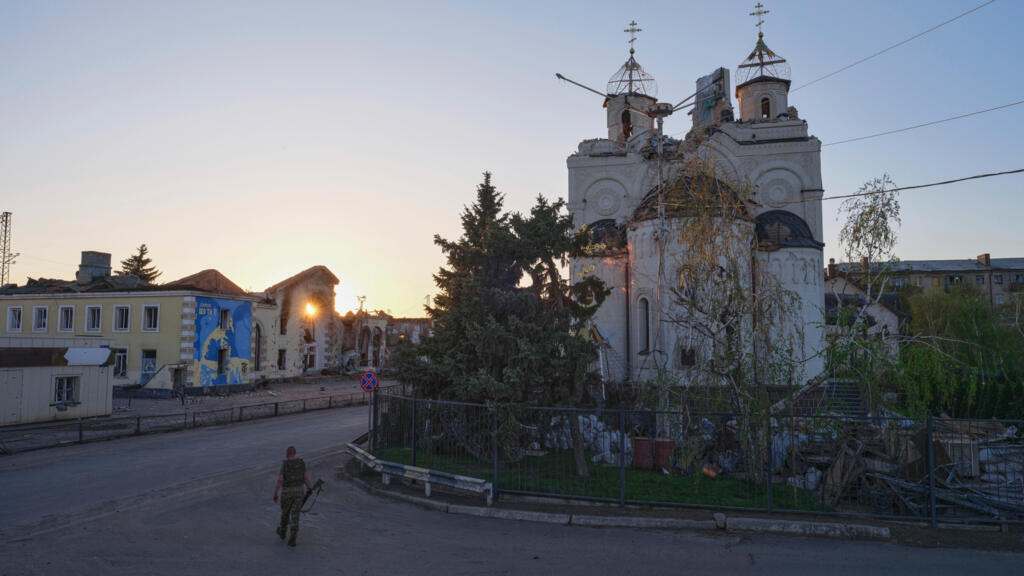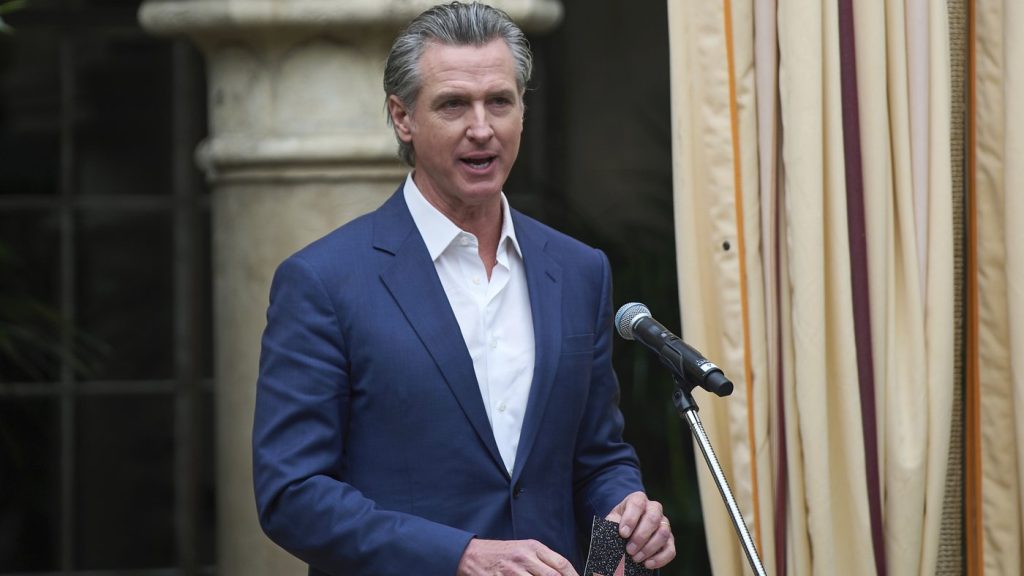ATHENS, Greece (AP) — For over 400 years, the Catholic and Orthodox churches have utilized different methods to determine the date of Easter. However, this Sunday marks a significant occasion for Christians as both churches celebrate the resurrection of Jesus on the same day. This rare alignment has brought about discussions regarding the possibility of maintaining this unity in the future.
Top religious leaders, including Pope Francis, have expressed a desire to achieve a common date for Easter. However, beneath this shared interest lies a deep-seated mistrust between the two major Christian denominations. The differing calendars and calculations are a primary reason behind the disunity. The Easter date follows a rule that seems straightforward: it falls on the Sunday after the first full moon following the spring equinox. Yet, the churches diverged in 1582 when Pope Gregory XIII introduced the Gregorian calendar, which was adopted by the Western church, while the Eastern Orthodox Church continued employing the older Julian calendar.
Each church also has its own ecclesiastical calculations for lunar cycles and the equinox, resulting in discrepancies that can lead to Easter dates being up to five weeks apart. In some years, the dates can coincide, and in others, a span of a decade may pass without alignment.
Pope Francis, days before his five-week hospitalization, referred to this year’s Easter celebration as a reminder of the 1,700th anniversary of the Council of Nicaea, where early Christian leaders gathered to resolve foundational disputes about faith. He appealed during prayers at the Basilica of St. Paul in Rome, suggesting that this occurrence should serve as a call for all Christians to take significant steps toward unity around a common Easter date. In a light-hearted moment, he reasoned that having different dates for the resurrection is somewhat ridiculous, likening it to a playful conversation about the timing of Christ's resurrection.
Pope Francis has found an ally in Ecumenical Patriarch Bartholomew, the spiritual leader of the world’s Orthodox Christians. Their relationship is characterized by mutual respect; Bartholomew has referred to Francis as “our elder brother” and views the Easter initiative as a meaningful step toward reconciling historical conflicts.
Discussions surrounding a common Easter date have persisted since the 1960s, often gaining momentum when Easter celebrations align. However, a significant barrier remains: the necessity for one side to concede. The World Council of Churches, which includes Orthodox and Protestant bodies, has proposed a compromise based on modern astronomical calculations that consider Jerusalem time while adhering to the original guidelines set centuries ago. Lutheran Bishop Heinrich Bedford-Strohm emphasized the importance of unity in a polarized world and downplayed secondary issues related to calendar and calculations.
While Pope Francis’s influence is substantial, given the Vatican’s centralized authority, Bartholomew’s position is largely symbolic amidst the independent governance of national and local Orthodox churches. Ongoing tensions, particularly due to the war in Ukraine, have stalled discussions between the Russian Orthodox Church and other Orthodox-majority nations. Additionally, a historical context of mistrust complicates the potential for a consensus, with concerns in the East regarding the Vatican’s authority.
Father Anastasios, during a Holy Week service at the Church of Saint Dimitrios Loumbardiaris in Athens, acknowledged the significance of fostering bonds among Christianity’s various branches, yet stressed the need for caution. He expressed wariness towards the unity often sought by the Roman Catholic Church, voicing concerns that past attempts were more focused on dominance than genuine reconciliation.
Despite these challenges, instances of joint Easter celebrations are already taking place in certain locations. For example, Finland’s Orthodox Church adopted the same date in the 1920s, and since 1970, Catholics in Greece have celebrated Easter alongside their Orthodox counterparts without officially changing their calendar.
Joseph Roussos, a member of a Catholic community on the Greek island of Syros, reflected on past separations during Easter celebrations when school closures and shop hours differed markedly. He expressed hope that the current harmony between the two branches of Christianity can be sustained moving forward.











